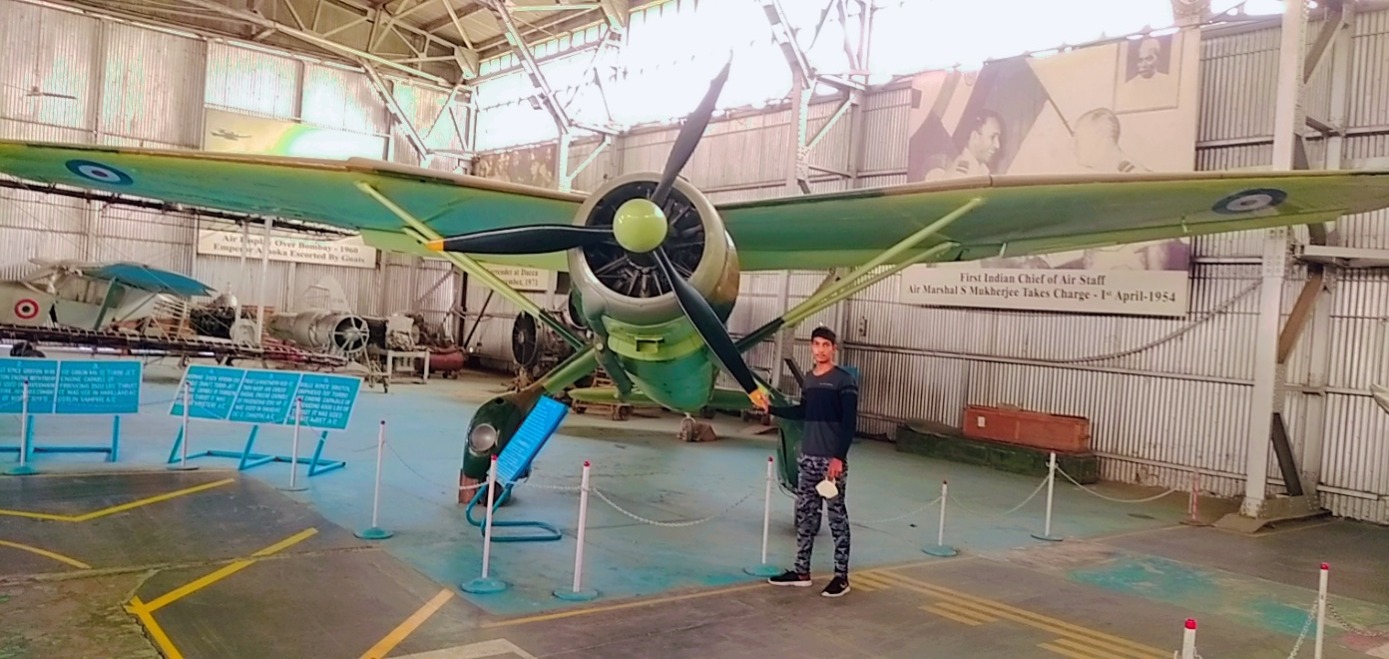There are no items in your cart
Add More
Add More
| Item Details | Price | ||
|---|---|---|---|
R2R SSB BATCHES START EVERY 1ST & 15TH of month. Referred articles were published in The Hindu.
1. CISF Plans to Integrate Airport Staff Passes with Facial Tech and FASTags
The Central Industrial Security Force (CISF) is set to enhance airport security by integrating staff entry passes with facial recognition technology and FASTags for vehicles. This initiative aims to curb "insider threat" by ensuring quick identification of personnel and vehicles. The new system will enable faster entry and exit, improve security checks, and digitize standard operating procedures. The plan also includes measures for better management of parking areas and restricting unauthorized access to sensitive zones.
2. Bihar Becomes First State to Vote Using Mobile App
Bihar has made history by becoming the first state in India to enable voting via a mobile app for municipal bypass and panchayat elections. The E-SECBHR app was made available for elderly, disabled persons, and pregnant women in various districts including Patna and Rohtas. While conventional EVMs were still used, the app allowed remote voting from home. This marks a significant step towards modernizing the electoral process and ensuring greater accessibility and participation.
3. New Draft of U.S. Law to Tax Remittances Dilutes Earlier Rates
The latest draft of the "One Big Beautiful Bill Act" in the U.S. proposes a significant reduction in the tax on remittances, particularly for non-resident Indians. The new proposal dilutes earlier rates, reducing the tax from 3.5% to 1%. Importantly, remittances made through U.S. bank accounts, and via debit or credit cards, are now exempt from this tax. The 1% tax will only apply to remittances made in cash, money order, or cashier's cheque, providing considerable relief to the Indian diaspora.
4. India Imposes Land, Sea Port Curbs on Jute From Bangladesh
India has imposed immediate restrictions on imports of jute and jute products from Bangladesh via land and sea ports, with the exception of the Nhava Sheva port in Mumbai. This order does not affect Bangladesh's exports to Nepal and Bhutan, nor will re-exports from those countries to India be allowed. The Directorate General of Foreign Trade stated that these restrictions are in response to the "dumped and subsidized imports of jute products" which have severely impacted the Indian jute industry and farmers.
5. The Greening of Our Chemical Industries
The article discusses the importance of "green chemistry" in transforming the chemical industry towards sustainability. It highlights principles like designing energy-efficient methods and using safer chemicals to reduce environmental impact. Examples include the production of biodiesel from non-edible oils like jatropha and the use of eco-friendly solvents in pharmaceutical manufacturing. The shift aims to minimize waste, reduce reliance on toxic substances, and promote the use of renewable resources, ultimately benefiting both the environment and the economy.
6. Secondary Pollutants, Especially Ammonium Sulphate, Constitute a Third of PM2.5 Pollution
A study by the Centre for Research on Energy and Clean Air (CREA) reveals that secondary pollutants, particularly ammonium sulphate, are responsible for nearly one-third of India's PM2.5 pollution. This pollutant, formed from the reaction between sulphur dioxide (SO2) and ammonia (NH3), is predominantly linked to emissions from coal-fired power plants and agriculture. The findings highlight the need for comprehensive strategies to control both primary and secondary pollutant emissions to improve air quality across India.
7. First-Ever Artificial Rain in Delhi Likely From July 4-11: Environment Minister
Delhi is set to conduct its first-ever artificial rain trial between July 4 and 11, as announced by the Environment Minister. This initiative aims to combat air pollution and alleviate water scarcity. The project involves cloud seeding over a 100-square-kilometer area using flare-based systems that release silver iodide mixture. The pilot, if successful, could provide a novel approach to improving air quality in the capital, which frequently suffers from high pollution levels.

Sachin Jangir